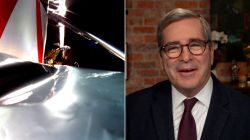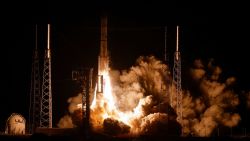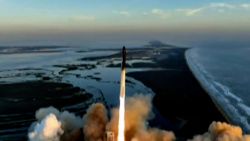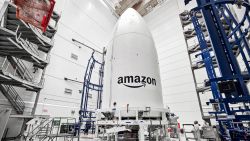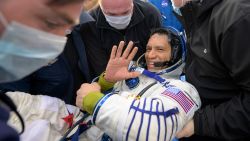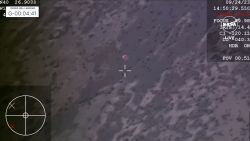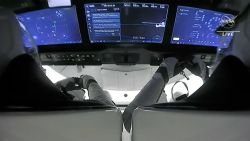Morris Kahn, an Israeli software entrepreneur, heard about young engineers in his home country who wanted to build a robotic moon lander and win a $20 million prize.
It was an ambitious plan. Only governments with massive treasuries have ever safely landed a spacecraft on the lunar surface: the United States, China and the former Soviet Union. But, Kahn figured the group might have the gusto to get it done.
“I asked them whether they had any money, and they said ‘money….money…What’s that?’” Kahn jokingly told CNN Business. “I said, ‘Come to my office and I’ll give you $100,000. No questions asked.’”
The team, named SpaceIL, initially estimated it would have to raise less than $10 million. A decade later, they’ve spent roughly $100 million. That includes more than $40 million of Kahn’s money and millions more raised from friends and business acquaintances.
“Little did I realize how much it would involve me and what responsibility I would eventually undertake,” he said.
On Thursday evening, SpaceIL’s spacecraft — called Beresheet, a Hebrew word that means “in the beginning” — launched aboard a SpaceX rocket.
It will take a couple of months for Beresheet to reach the moon, and landing will be the most difficult part. But if it is successful, it will be the first-ever privately funded probe to do so.
SpaceIL won’t win the $20 million grand prize from Google Lunar X Prize, which began in 2007 with the goal of inspiring private enterprise to develop new space travel technologies. The competition was disbanded in January 2018 after years of deadline delays and no winner.
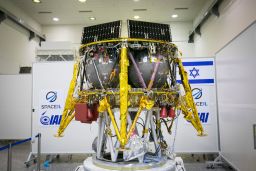
But Kahn said it was never about the money.
“This was purely philanthropic,” he said. “We wanted to prove a point — that we could do it.”
Kahn is a South African-Israeli serial entrepreneur and co-founder of Amdocs (DOX), which makes management software for telecom firms. Forbes lists his net worth as $1 billion, but he jokes that when you’re truly rich, you don’t know exactly how much money you have.
When he met the SpaceIL founders, he didn’t know much about space travel, or its reputation for costing astronomical levels of time and resources. And that, Kahn said, was a good thing.
“By the time we realized it, it was too late,” he said. “We were too far in.”
Funding a moonshot
Kahn said SpaceIL decided early on that it would not be a commercial venture and was set up as a nonprofit.
The group received about $2 million from the Israeli government. And Kahn set out to convince philanthropists that a moonshot was worth it, even with no immediate business prospects.
“It is extremely difficult to raise money for something that people find hard to conceive. And, as a matter of fact, I think people were a little bit sorry for us, that we were trying to do something that was almost impossible,” he said.
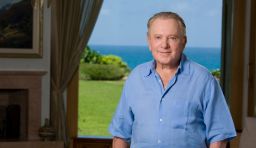
In late 2017, as an X Prize-imposed deadline loomed, SpaceIL’s outlook was bleak. The group said it needed another $30 million but a fundraising push appeared to fall flat.
“Some of the donors wanted to know that there would be money to really complete this project,” Kahn said. “And they said, ‘Are you prepared to tell us that you will underwrite this project?’ And I said, ‘Yes, I am.”
Miriam and Sheldon Adelson, the Casino magnate, Israel advocate and US political donor, gave a total of $24 million. Other major SpaceIL backers who gave around $5 million each include Nancy and Stephen Grand, a US real estate developer; The Schusterman Foundation, which is backed by an oil and gas fortune; Sami Sagol, whose family made their money in plastics manufacturing; and Canadian-Israeli real estate developer Sylvan Adams gave $5 million.
At a press conference on Wednesday, Adams said they were all “crazy” to take on a moon mission.
But “the craziest person in all of this has to be Morris Kahn,” he said. “Morris was the visionary. He believed in their dream and financially supported it.”



